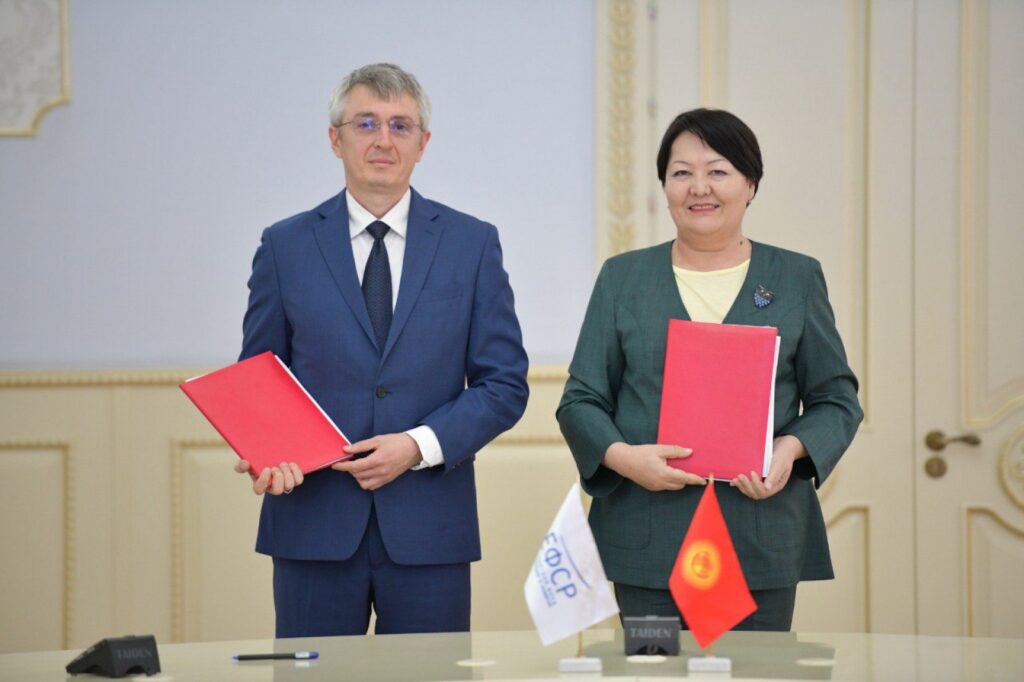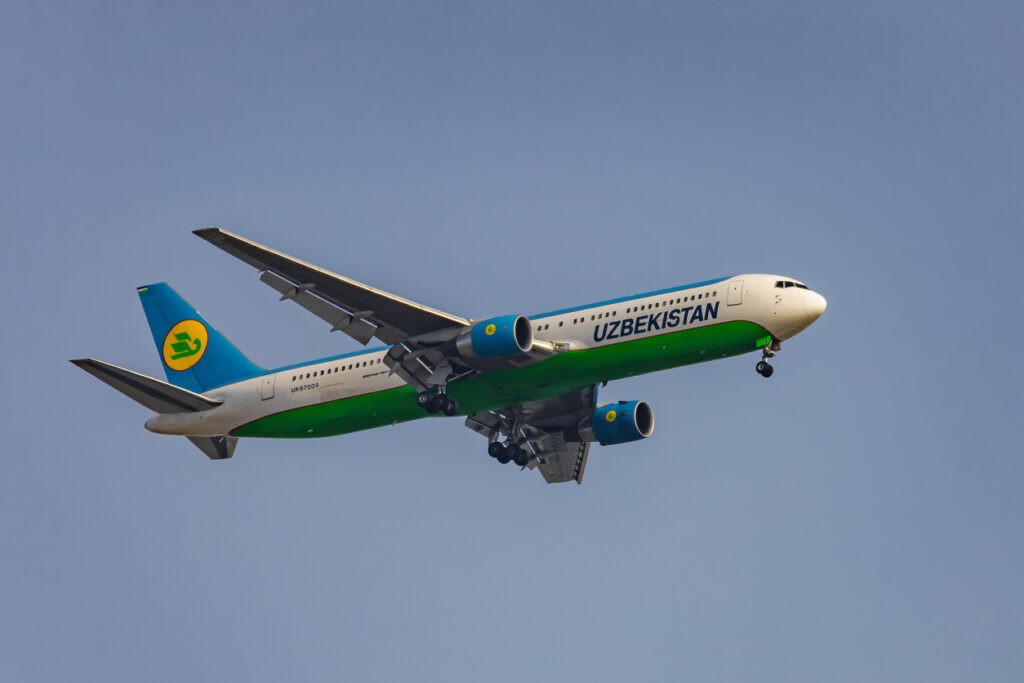EFSD to Build Nine Schools in Kyrgyzstan
On July 23, Dogdurkul Kendirbaeva, Minister of Education and Science of Kyrgyzstan, and Andrey Shirokov, Executive Director of the Project Unit at the Eurasian Fund for Stabilization and Development (EFSD), signed an agreement to construct and fully equip nine secondary schools in Kyrgyzstan on a grant basis. The EFSD is a financial institution established in 2009 by Armenia, Belarus, Kazakhstan, Kyrgyzstan, Russia, and Tajikistan to promote economic and financial stability in its member states. The document was signed following a meeting between Andrey Shirokov and Akylbek Japarov, Chairman of the Kyrgyz Republic's Cabinet of Ministers, during which the latter reiterated the parties' commitment to cooperate on the implementation of projects prioritized by his country. In addition to the schools, a $60 million project will be launched to provide drinking water to 32 villages in the southern Osh region. Other proposed initiatives include improving the country’s irrigation system and purchasing ambulances. EFSD is also invested in cooperating on improvements to Kyrgyzstan's roads and as stated by Japarov, “the planned Aral–Suusamyr highway project is expected to reconstruct approximately 80 km of the road connecting the Bishkek–Osh and North-South transport corridors, vital to the Kyrgyz Republic. The successful implementation of this project will promote the socio-economic development of the Naryn and Talas regions and the remote areas of the Chui region, reduce travel times, and significantly improve road safety in the country."






